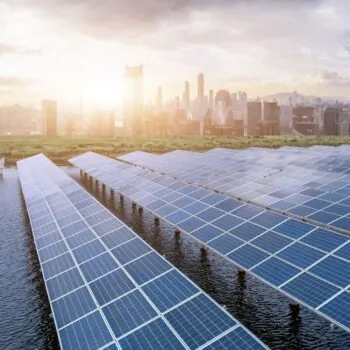Like the rest of the Northern Hemisphere, Germany experienced a summer of extreme heat and drought in 2018, impacting different parts of its economy, and bringing home the impacts of a global climate crisis:
- Power plants, in particular hard coal and nuclear plants, were forced to operate at lower capacities because cooling water approached a 28-degree threshold, threatening river ecology, and because the transport of coal via rivers was impacted by low water levels.
- Farming and forestry were severely impacted, particularly in the arable sector in the north and east of the country. In some cases, entire harvests were lost. Forests, for example pine monocultures, suffered from wildfires. Compensation to farmers to cover economic losses totaled 340 Million EUR.
- Low water levels led to inland shipping being forced to divide up cargo over several ships running at lower capacities, lowering the sectors competitiveness compared to rail and road transport.
Both short and medium-term forecasts suggest that these impacts are likely to get significantly worse in the future. This will in turn affect the political context in which Germany will be taking some key decisions on climate policy – particularly with respect to coal. The economic outlook for coal, already suffering due to high carbon prices, is likely to get worse. The industry faces rising carbon prices, compliance costs with new EU clean air standards, looming compensation payments for damages as well as recultivation costs.
Coupled with Germany’s strong overall economic outlook and current budget surplus, a solid case is emerging for early action in organizing a managed process of just transition that helps Germany phase out coal in line with the Paris Agreement. According to a study by Climate Analytics this would require Germany to phase out coal by 2030 at the latest. During this period, climate impacts, at about 1 degree above pre-industrial levels, will still be relatively manageable and public budgets have room for significant investment programs. Crucially, this could restore Germany’s former role as a climate leader by doing its part to put the world on a 1.5 degrees trajectory that minimizes climate risk.


